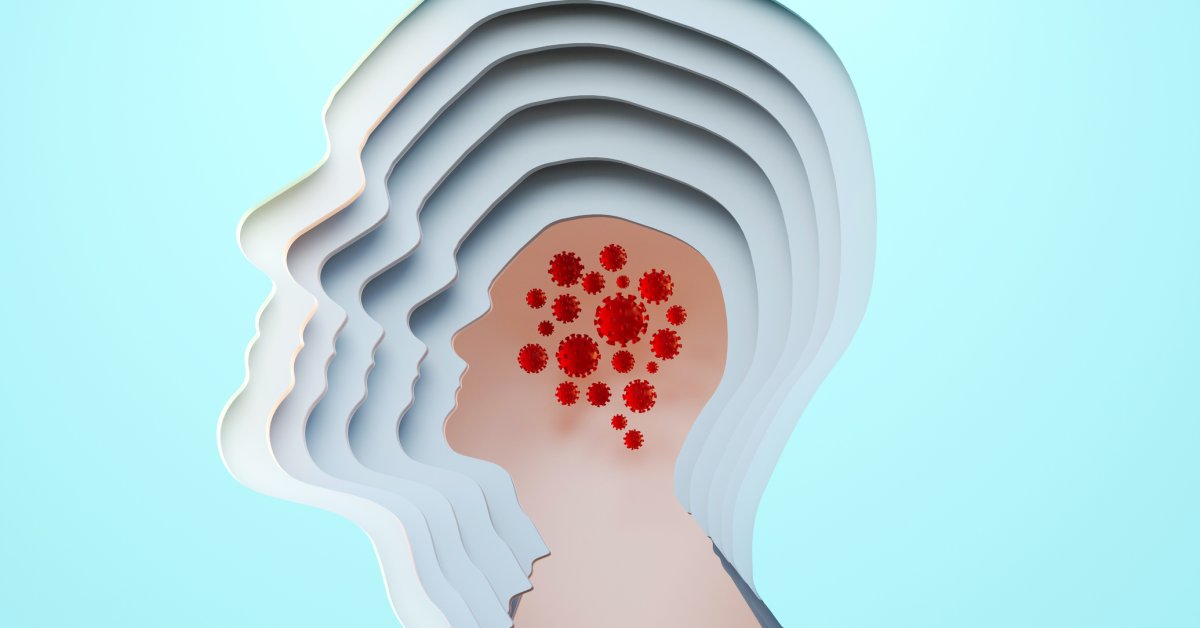- Mend
- Posts
- Cultivating Empathy: A Path to Deepened Connection and Understanding
Cultivating Empathy: A Path to Deepened Connection and Understanding

Cultivating Empathy: A Path to Deepened Connection and Understanding
What I’ve noticed when talking with other unfaithful people, is that many have an underdeveloped sense of empathy towards their partners.
It seems that we are often so wrapped up in what’s going on within ourselves that we ignore, or minimize, what’s happening with our partners.
Empathy is a powerful and transformative quality that allows us to connect with others on a profound level. It enables us to understand and share the feelings of another person, fostering compassion, and strengthening relationships. While some people may naturally possess empathy, it is a skill that can be developed and nurtured.
With that said, here are some practical strategies to help you cultivate and enhance your empathetic abilities, which hopefully can lead to richer connections and a more compassionate outlook.
1. Listen with Presence: One of the fundamental aspects of empathy is being present and actively listening to others. When engaging in conversations, set aside distractions and give your full attention to the person speaking. Focus on their words, body language, and emotions. Avoid interrupting or rushing to respond. Instead, create a safe space for them to express themselves openly.
2. Practice Perspective-Taking: To develop empathy, try to put yourself in another person's shoes and see the world from their perspective. Consider their experiences, beliefs, and emotions. Reflect on how you would feel and respond if you were in their situation. This exercise allows you to expand your understanding beyond your own viewpoint and fosters a deeper sense of empathy.
3. Cultivate Curiosity: Curiosity is a powerful tool for developing empathy. Approach others with a genuine desire to understand their thoughts, feelings, and experiences. Ask open-ended questions and actively engage in conversations to learn more about their perspectives. Curiosity demonstrates your interest and willingness to connect on a deeper level, creating space for empathy to flourish.
4. Practice Active Listening: Empathetic listening goes beyond simply hearing words. Pay attention to non-verbal cues, such as body language and facial expressions, to grasp the emotions behind the words. Show empathy by paraphrasing and reflecting on what the other person has shared, demonstrating your understanding and validating their feelings.
5. Develop Self-Awareness: Developing empathy starts with self-awareness. Take the time to reflect on your own emotions, biases, and perspectives. Understand how your own experiences and beliefs shape your interactions with others. By recognizing your own strengths and limitations, you can approach empathy with humility and a willingness to learn and grow.
6. Practice Emotional Regulation: Empathy requires the ability to manage and regulate your own emotions. By cultivating emotional awareness and regulation, you can respond to others' emotions with composure and understanding. Learn healthy coping strategies for managing your own emotional reactions and stress, as it will enhance your capacity for empathy.
7. Engage in Diverse Experiences: Expose yourself to diverse cultures, backgrounds, and perspectives. Engage in activities that introduce you to new people, ideas, and ways of life. This exposure broadens your understanding of the world and promotes empathy by breaking down stereotypes and fostering appreciation for the richness of human diversity.
8. Show Kindness and Compassion: Acts of kindness and compassion strengthen empathy. Practice small acts of kindness toward others, whether it's offering support, lending an ear, or showing appreciation. Cultivate compassion by understanding that everyone has their own struggles and challenges. Approach interactions with empathy and a genuine desire to uplift and support others.
Conclusion: Developing empathy is a transformative journey that enriches our relationships, enhances our understanding of others, and fosters more compassionate relationships. All of which are extremely important throughout the affair recovery and healing process.
By actively practicing empathy, listening with presence, cultivating curiosity, and engaging in diverse experiences, we can develop this essential skill.
Remember, empathy is a lifelong practice that requires continual effort and self-reflection. By incorporating these strategies into your daily life, you can deepen your connections, promote understanding, and rebuild trust.
Individual Coaching for Unfaithful Men & Women
Embarking on a journey of healing and personal growth after infidelity is a courageous step towards rebuilding trust and creating a brighter future.
With Doug's guidance and support, you will have the opportunity to delve deep into self-exploration, understand the root causes of your actions, and develop the necessary tools for personal transformation.
Our individual coaching program for unfaithful men and women offers a confidential and non-judgmental space, where you can find guidance, accountability, and support tailored to your unique needs.
Take the first step towards healing and rebuilding trust by investing in yourself and discovering the path to a more fulfilling and authentic life.
"A master lives in the world of transformation, not the world of loss and gain."
From the World of Self-Improvement
Relationships
Emotional Well-being
Personal Growth
Physical Well-being
Professional & Financial
Whenever you’re ready, there are 2 ways we can help you:
1. If you’re still looking for traction in your affair recovery experience, we’d recommend starting with an one of our affordable programs. Here are 2 options:
→ Survive and Thrive after Infidelity – A unique and complete resource that will guide you through the recovery and healing process starting at D-day. It will provide you with the knowledge and tools to not only survive the affair, but thrive! Get started now!
→ The Unfaithful Person’s Guide to Helping Your Spouse Heal From Your Affair: For the struggling unfaithful person, this program delves into the 24 ‘tasks’ that the cheater must complete for them to move from betrayer – to healer, while gaining a better understanding of their betrayed partner and what he/she is going through. Become a healer.
2. Individual Mentoring – Whether you’re the betrayed or the betrayer, to talk to someone who has gone through what you’re going through and who can listen and empathize with you is an incredibly powerful and valuable thing. It’s not just sympathy – it’s empathy – and it’s irreplaceable. Reserve a session (limited spots available).
Take care!
Linda & Doug
You are receiving this email because you signed up for the Mend newsletter.
Was this email forwarded to you? Get your own sub here.













